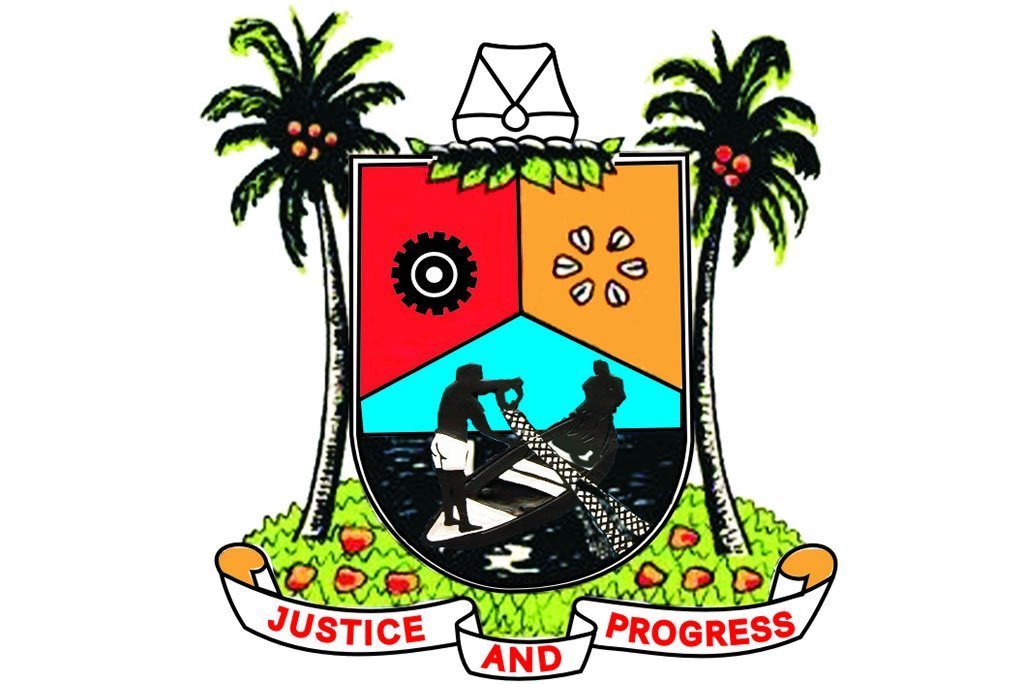
Lagos State Logo
The Lagos State Government has encouraged cooperative societies to take the lead in providing, producing, transmitting, distributing, and marketing electricity to the public, taking advantage of the opportunity presented by the recently passed electricity legislation.
The request was made during a one-day symposium on Thursday at Oko-Oba, Agege in Lagos, by the state commissioner for commerce, cooperatives, trade, and investment, Folashade Ambrose-Medebem.
Speaking at the Lagos State Cooperative College-hosted symposium with the theme “Venturing into the Power Sector: The Electric Cooperative Model,” the commissioner declared that Lagos was prepared for the complete deregulation of the power sector through the creation of the electricity board. The commissioner was represented by Zulikha Ibrahim, Director of Cooperative Services, Ministry of Commerce Cooperatives, Trade, and Investment.
She urged the state’s cooperative societies, which have more than 3,000 active members and generate more than N70 billion in revenue annually, to help provide this vital public utility to the populace and enhance the lives of their throngs of members.
She said, “As a sub-national and cosmopolitan megacity, let me state that Lagos State has been quite proactive with the establishment of the Lagos State Electricity Board under the Ministry of Energy and Mineral Resources in anticipation and readiness for the devolution of power supply to the federating units.
‘’As the Commissioner for Commerce, Cooperatives, Trade and Investment in Lagos State, I can say for a fact that the cooperatives sub-sector in the state, with over 3,000 active members and an annual financial turnover of over N70 billion, has what it takes to venture into the power sector value chain to deliver this essential public utility and improve the quality of life of its teeming members.
“In the United States, United Kingdom, Europe and even some African countries, electric cooperatives have been successfully established and sustainably managed to bridge the shortfall in electricity supply, particularly through the establishment of mini-grids for power generation and distribution to rural communities and enclaves not accommodated in the national grids.”
The Special Adviser to the Governor on Energy and Mineral Resources, Abiola Olowu, encouraging the establishment of more electric cooperatives in the state said, “This would offer a sustainable power solution that would improve the the quality of lives in the communities.”
In his remarks, the College’s provost, Akorede Ojomu, stated: “Given the window of opportunity provided by the law, the College will use platforms like this to galvanise the cooperative movement in the state and Nigeria as a whole to make inroads investment into the power sector value chain to improve electricity access to Nigerians and also enhance the wellbeing of their members.”
“The idea of electric cooperatives, though novel in Nigeria, is not new to countries with rich cooperative practice and history where cooperatives had been in the business of providing utility services.
“Electric cooperatives are service-focused and dedicated to providing electricity to rural areas and their immediate communities while commercial utility companies are hesitant because they could make more profit in urban areas and businesses.”
Gum Muhammad, the guest lecturer and recently retired CEO of Transmission Company of Nigeria, argued that the country—and particularly the private sector—cannot advance without the power sector.
Muhammed noted that, “Electricity is the brain for development in any nation. We cannot grow in the private sector without electricity. That is the reason we have to fix our electricity; we have no option.”
